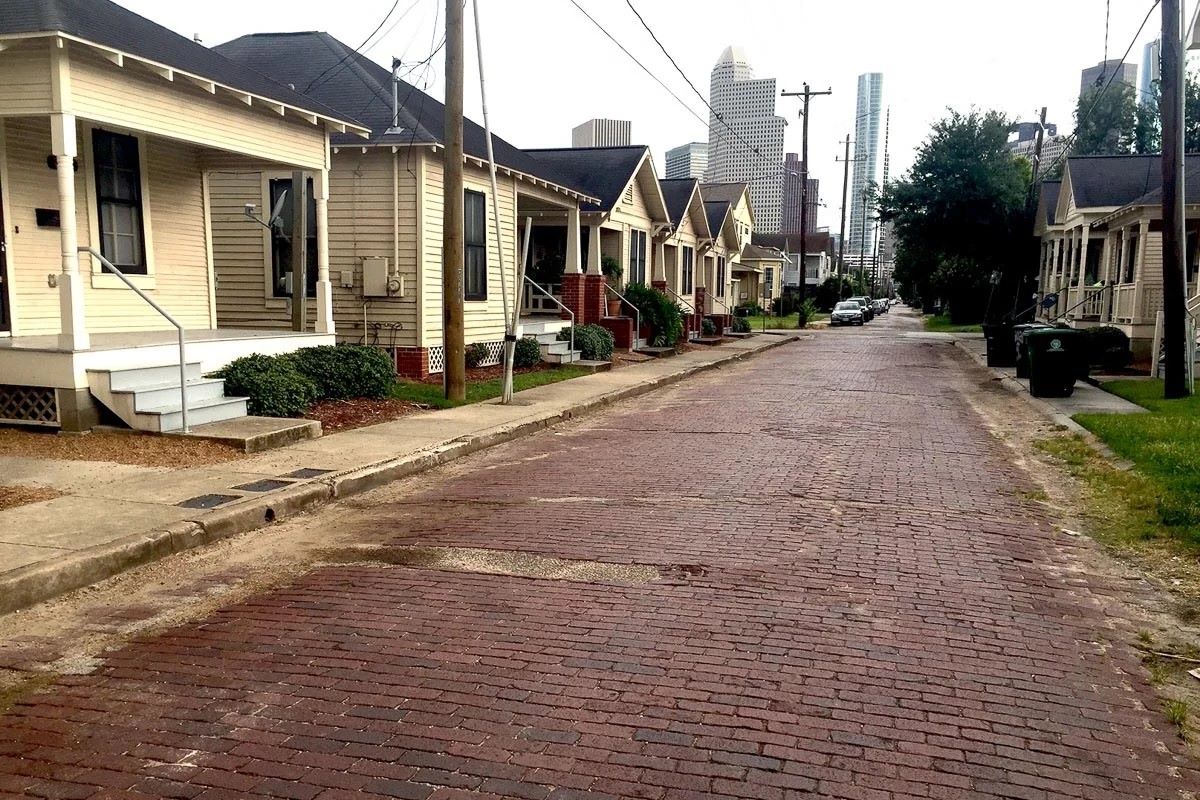Hidden Freedmen’s Towns Of Reconstruction-Era Texas

Have you ever heard of the hidden Freedmen's Towns of Reconstruction-era Texas? These communities, established by formerly enslaved people, played a crucial role in shaping the state's history. After the Civil War, freed African Americans sought to build new lives, creating towns where they could live, work, and thrive. These towns became centers of culture, education, and commerce, offering a glimpse into the resilience and determination of their residents. From the bustling streets of Freedmen's Town in Houston to the quiet lanes of Quakertown in Denton, each community has its own unique story. Let's uncover the rich history and legacy of these remarkable places.
Hidden Freedmen's Towns of Reconstruction-Era Texas
After the Civil War, newly freed African Americans established communities across Texas. These towns, known as Freedmen's Towns, became centers of culture, education, and resilience. Let's explore some of these hidden gems.
1. Independence Heights
Independence Heights, located in Houston, holds the distinction of being the first African American municipality in Texas. Founded in 1908, it became a thriving community with its own schools, churches, and businesses. The residents' determination to create a self-sufficient town laid the groundwork for future generations.
2. Freedmen's Town (Fourth Ward)
Houston's Fourth Ward, commonly known as Freedmen's Town, was established by freed slaves in the late 19th century. This area became a cultural hub, featuring brick streets, historic churches, and vibrant community life. The residents' efforts to preserve their heritage are evident in the architecture and local traditions.
3. Quakertown
Quakertown, located in Denton, was a thriving African American community in the early 20th century. Despite facing displacement in the 1920s, the residents' legacy lives on through the stories and memories passed down. The town's history is a testament to the resilience and strength of its people.
4. Antioch Colony
Antioch Colony, near Buda, was founded by freed slaves in the 1870s. The community built schools, churches, and homes, creating a close-knit environment. Today, descendants of the original settlers continue to honor their ancestors' legacy through annual reunions and preservation efforts.
5. Kendleton
Kendleton, situated in Fort Bend County, was established by freed slaves in 1869. The town quickly developed its own schools, churches, and businesses. Kendleton's rich history is celebrated through local museums and historical markers, ensuring that the stories of its founders are not forgotten.
6. Shankleville
Shankleville, located in Newton County, was founded by Jim and Winnie Shankle, who escaped slavery and established the community in the 1860s. The town became a center for education and agriculture, with residents working together to build a prosperous future. Shankleville's legacy continues through annual homecomings and cultural events.
7. Clarksville
Clarksville, in Red River County, was one of the earliest Freedmen's Towns in Texas. Established in the 1870s, it became a thriving community with schools, churches, and businesses. The town's history is preserved through local museums and historical societies, highlighting the contributions of its founders.
8. Freedmen's Town (Dallas)
Dallas also had its own Freedmen's Town, located in the area now known as Uptown. Established in the late 19th century, this community became a vibrant cultural and economic center. The residents' efforts to build a self-sufficient town are evident in the historic buildings and landmarks that still stand today.
9. Palestine
Palestine, in Anderson County, was home to a significant African American community during the Reconstruction era. The town's residents established schools, churches, and businesses, creating a thriving community. Palestine's history is celebrated through local events and historical markers, ensuring that the legacy of its founders is remembered.
10. Marshall
Marshall, located in Harrison County, was a key center for African American culture and education during the Reconstruction era. The town's residents established schools, churches, and businesses, creating a vibrant community. Marshall's rich history is preserved through local museums and historical sites, highlighting the contributions of its founders.
Preserving History for Future Generations
Understanding Freedmen's Towns in Reconstruction-Era Texas gives us a glimpse into the resilience and determination of formerly enslaved people. These communities, built from the ground up, are a testament to their strength and desire for a better life. Visiting these towns today, you can see the remnants of their hard work and perseverance.
Efforts to preserve these historic sites are crucial. They serve as educational resources and reminders of a significant chapter in American history. Supporting local preservation initiatives and spreading awareness can help keep these stories alive.
Next time you're in Texas, consider exploring these hidden gems. You'll not only learn about the past but also contribute to the ongoing efforts to honor and remember the legacy of Freedmen's Towns. Let's ensure future generations understand and appreciate this important part of our history.

